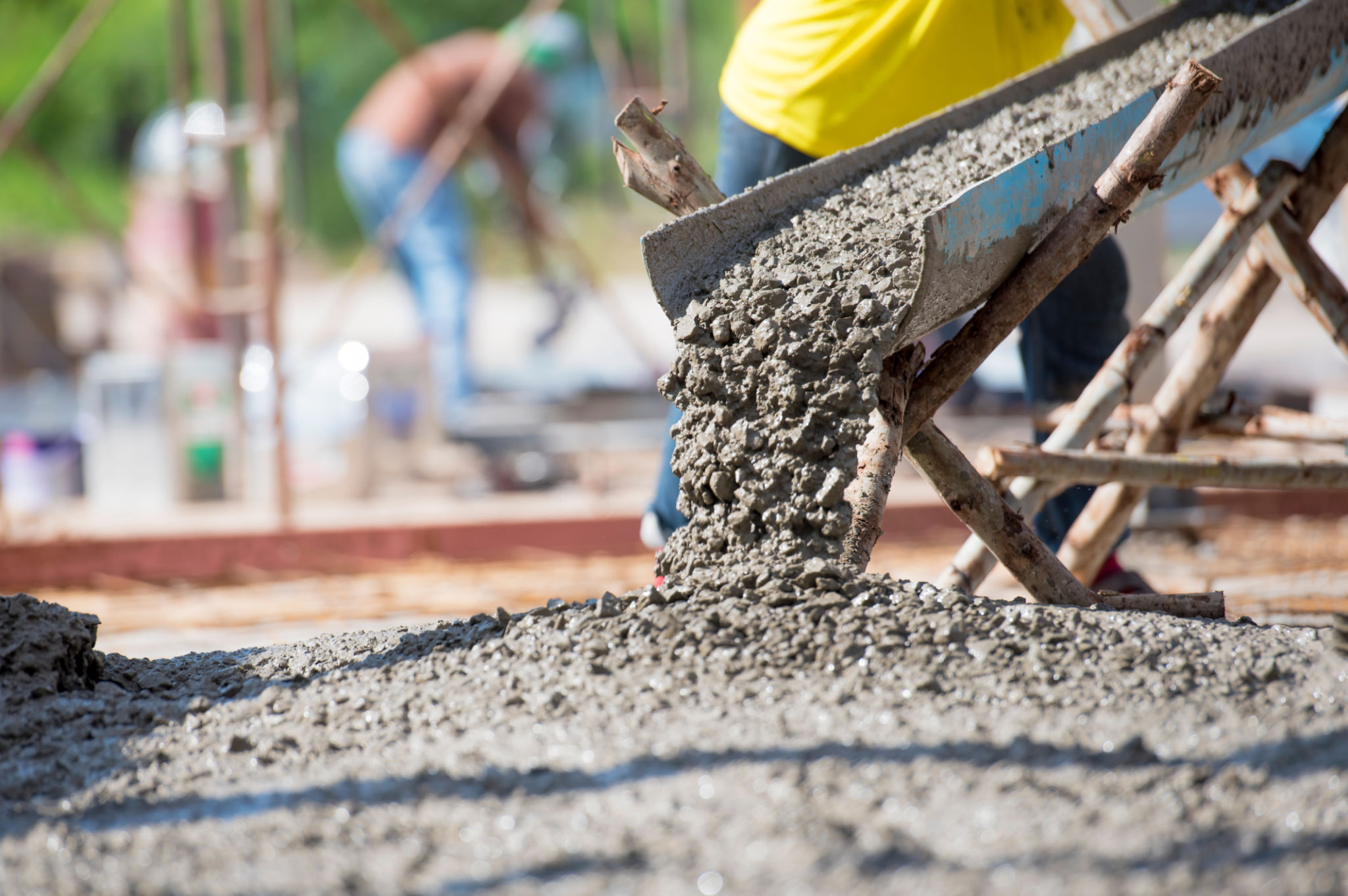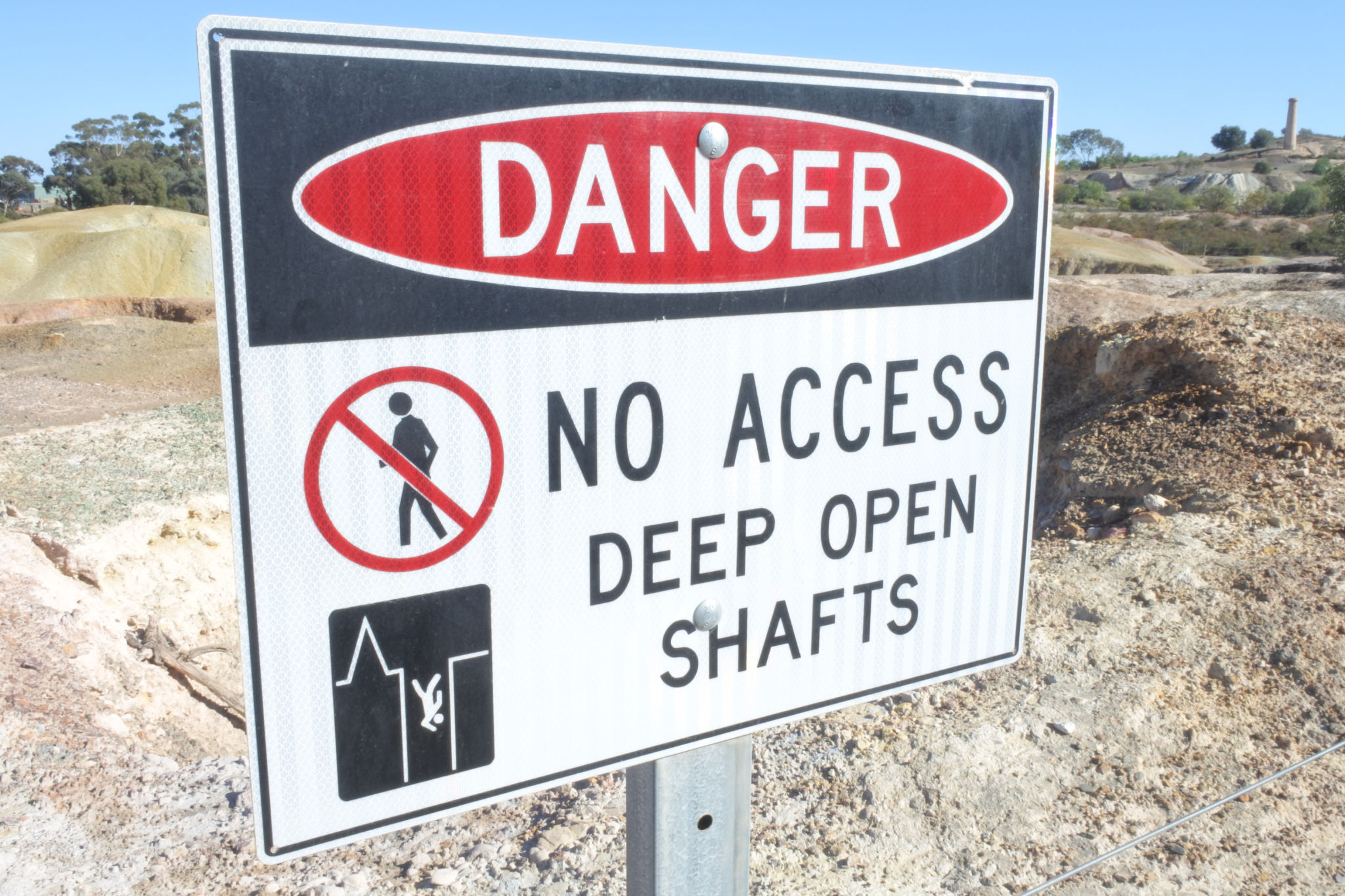Comprehensive Guide to Choosing the Right Concrete Mix for Your Barossa Project
Understanding Concrete Mixes
When planning a construction project in the Barossa region, choosing the right concrete mix is crucial for the durability and stability of your structure. Concrete is not a one-size-fits-all material; its composition can vary to meet specific needs. Understanding these variations is essential to ensure the success of your project.
The basic components of concrete include cement, aggregates (such as sand and gravel), and water. The proportions of these ingredients can be adjusted to create different types of mixes that cater to specific requirements, such as strength, workability, and durability.

Factors to Consider
Project Type and Requirements
The type of project you're undertaking plays a significant role in determining the appropriate concrete mix. For instance, a residential driveway might require a different mix compared to a commercial foundation. Considerations include load-bearing capacity, exposure conditions, and aesthetic preferences.
Environmental Conditions
The Barossa region's climate can influence the choice of concrete mix. Hot, dry conditions may require a mix that retains moisture for longer periods, while areas prone to heavy rainfall might need a mix with enhanced water resistance. It's important to choose a mix that aligns with the local weather conditions to prevent issues like cracking or erosion.

Types of Concrete Mixes
Standard Mixes
Standard concrete mixes are suitable for most general construction projects. These mixes offer a balance between strength and workability, making them ideal for tasks like footpaths, driveways, and residential slabs. Commonly used standard mixes include those with a concrete strength of 20 MPa to 40 MPa.
Specialized Mixes
For projects with unique demands, specialized concrete mixes are available. High-strength mixes, for example, are designed for structures that need to support heavy loads, such as bridges or multi-story buildings. Self-compacting concrete is another option, often used in complex structures where traditional compaction methods are challenging.

Steps to Choosing the Right Mix
- Assess Your Project Needs: Identify the specific requirements of your project, including load-bearing capacity and environmental conditions.
- Consult with Experts: Engage with local concrete suppliers or structural engineers who understand the Barossa region's unique challenges.
- Select the Appropriate Mix: Based on expert advice and project needs, choose a mix that offers the right balance of strength, durability, and workability.
Conclusion
Selecting the right concrete mix is an essential step in ensuring the longevity and success of your Barossa construction project. By understanding the various factors and types of mixes available, and consulting with professionals, you can make informed decisions that contribute to the overall quality and sustainability of your build.
Your choice of concrete can significantly impact the durability and aesthetics of your project. Make sure to invest time in selecting the best option to avoid costly repairs and ensure structural integrity for years to come.